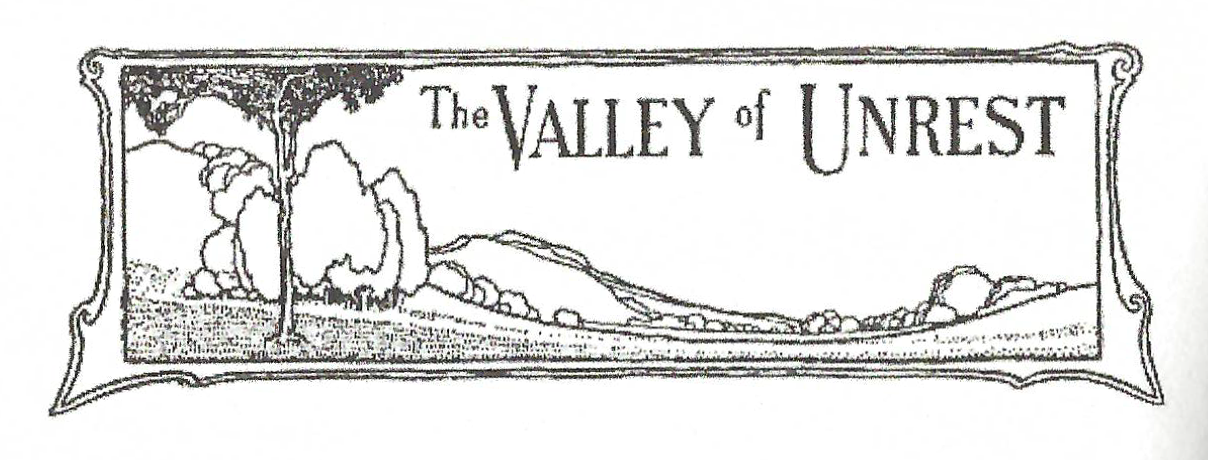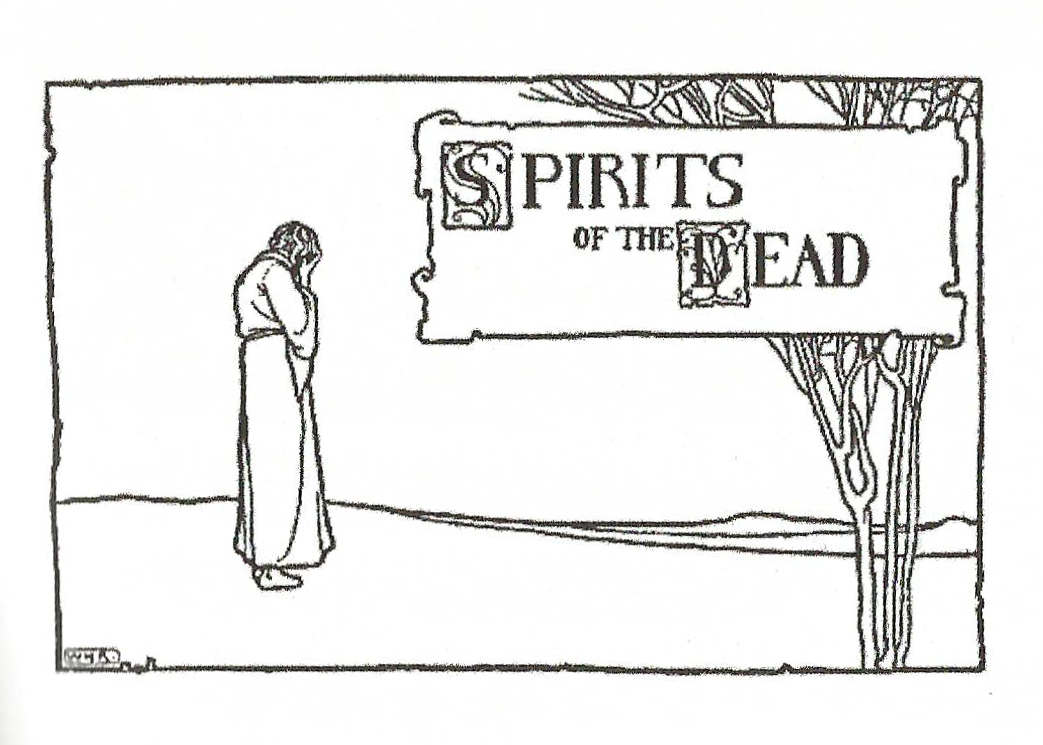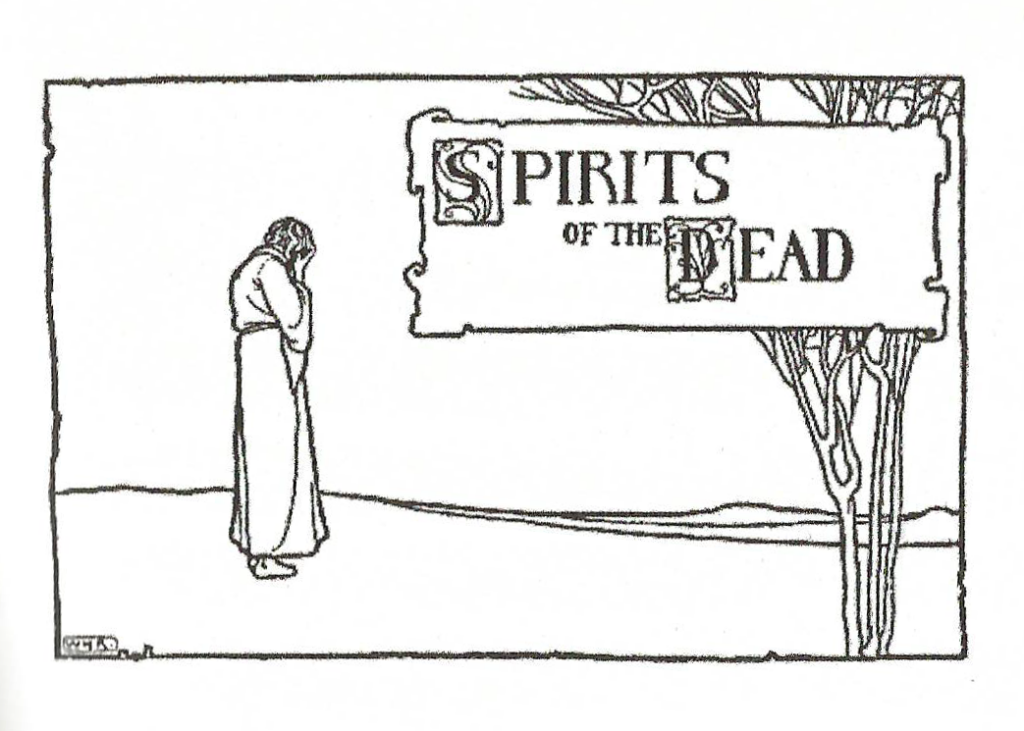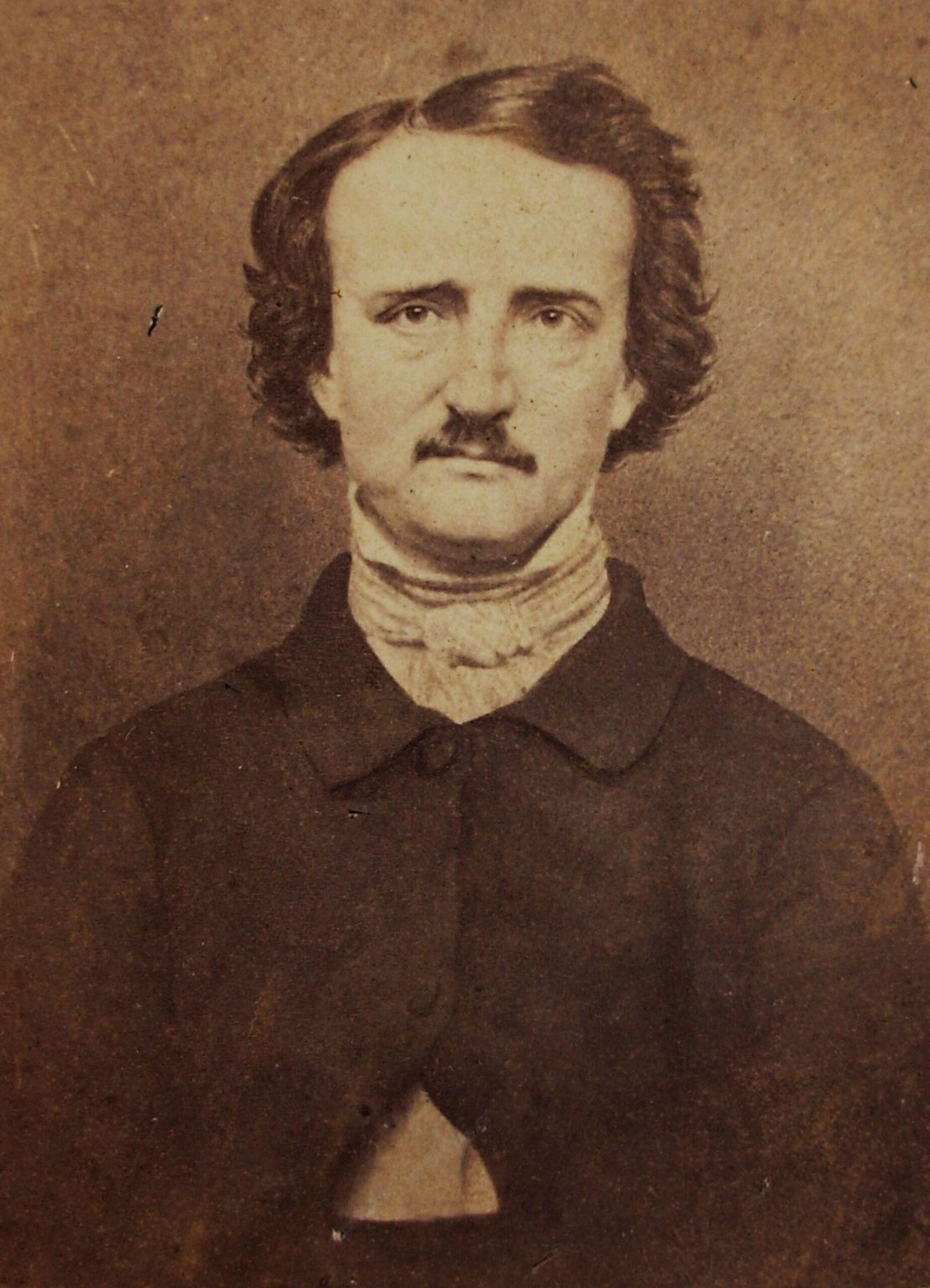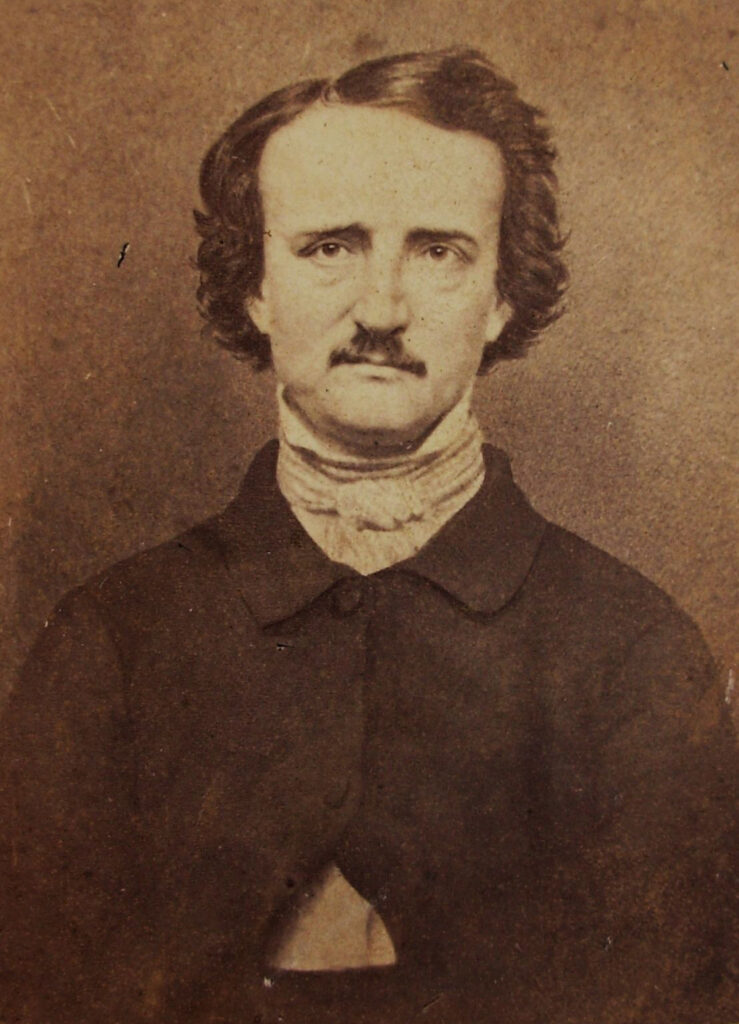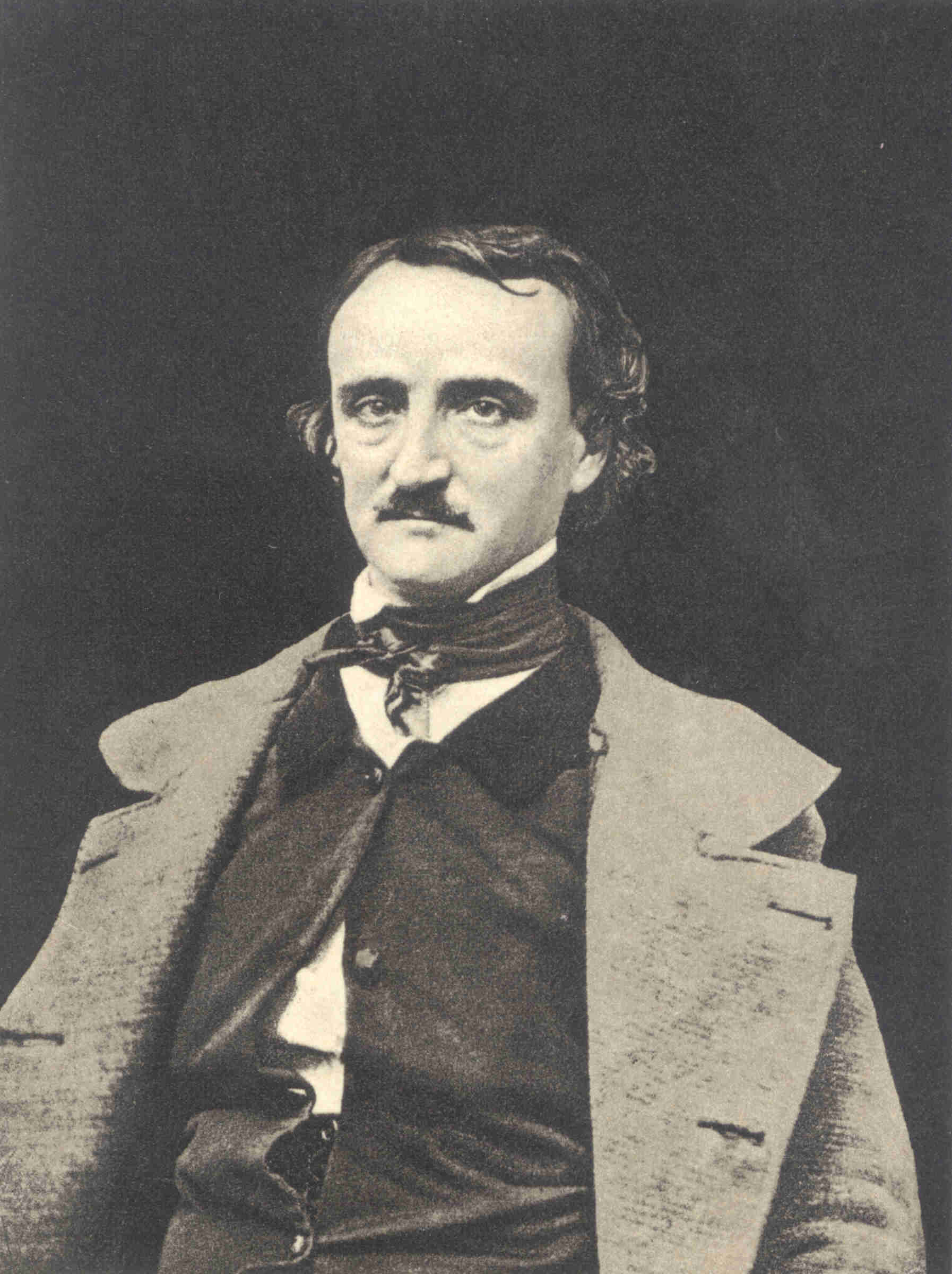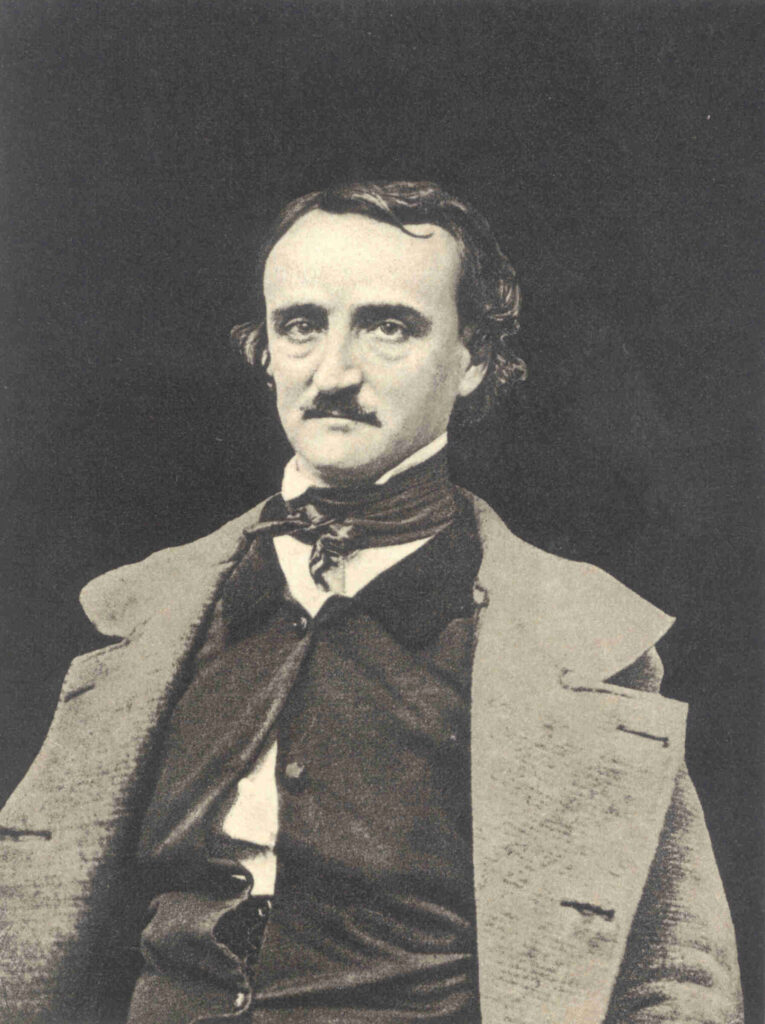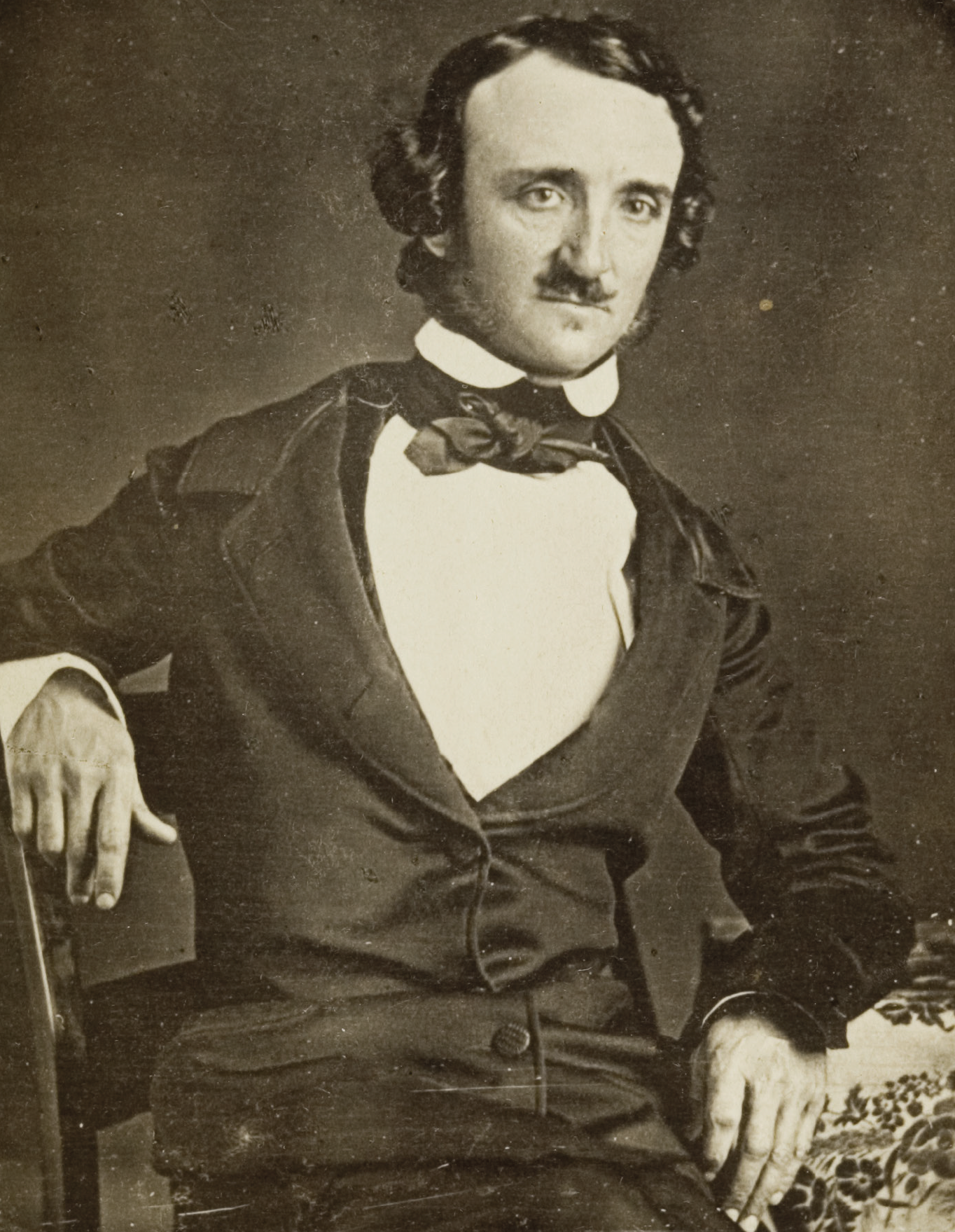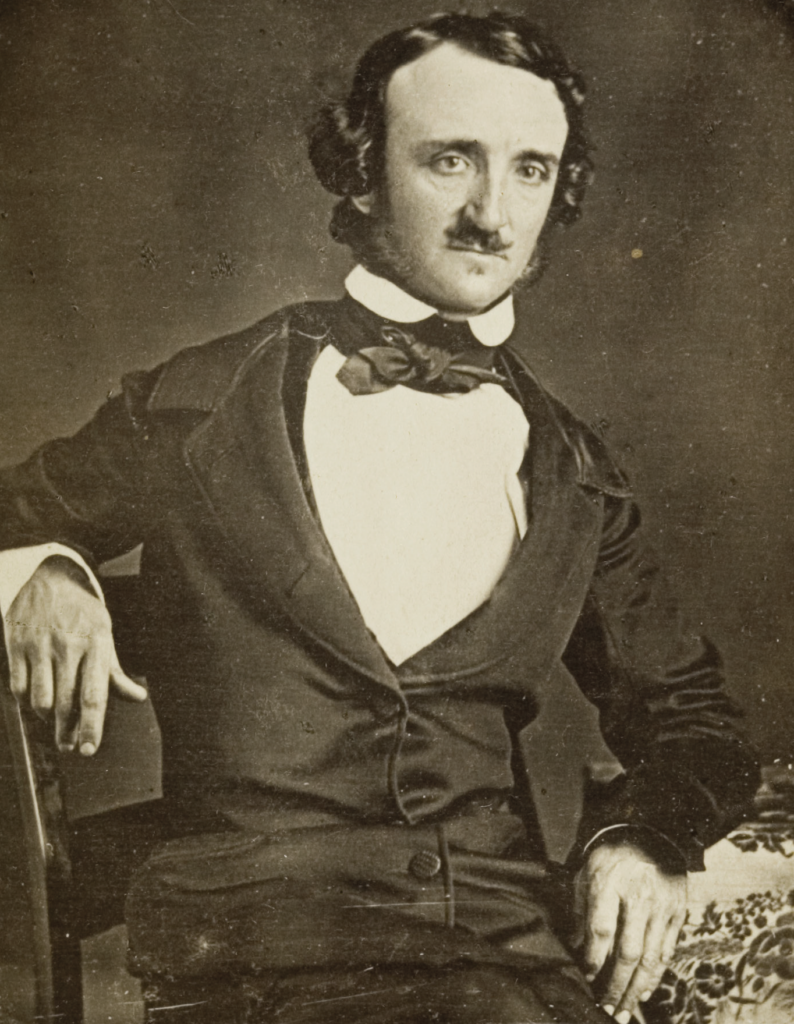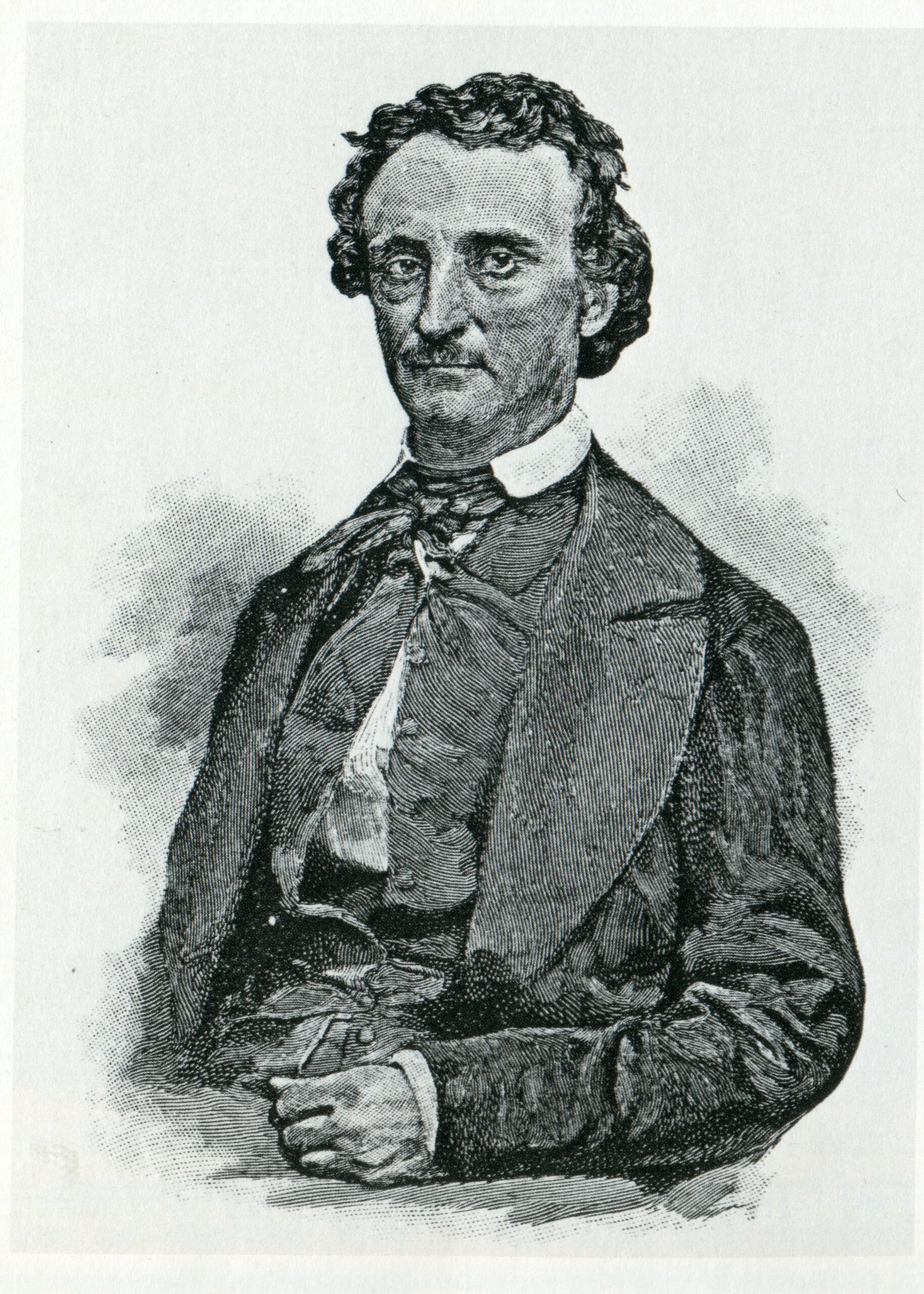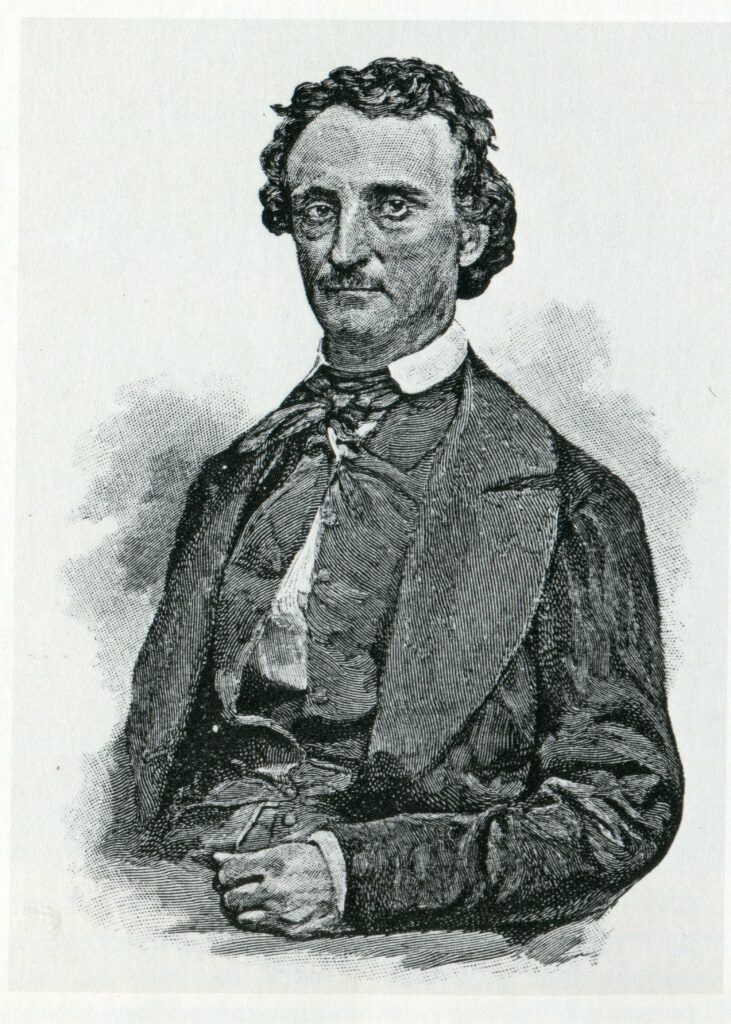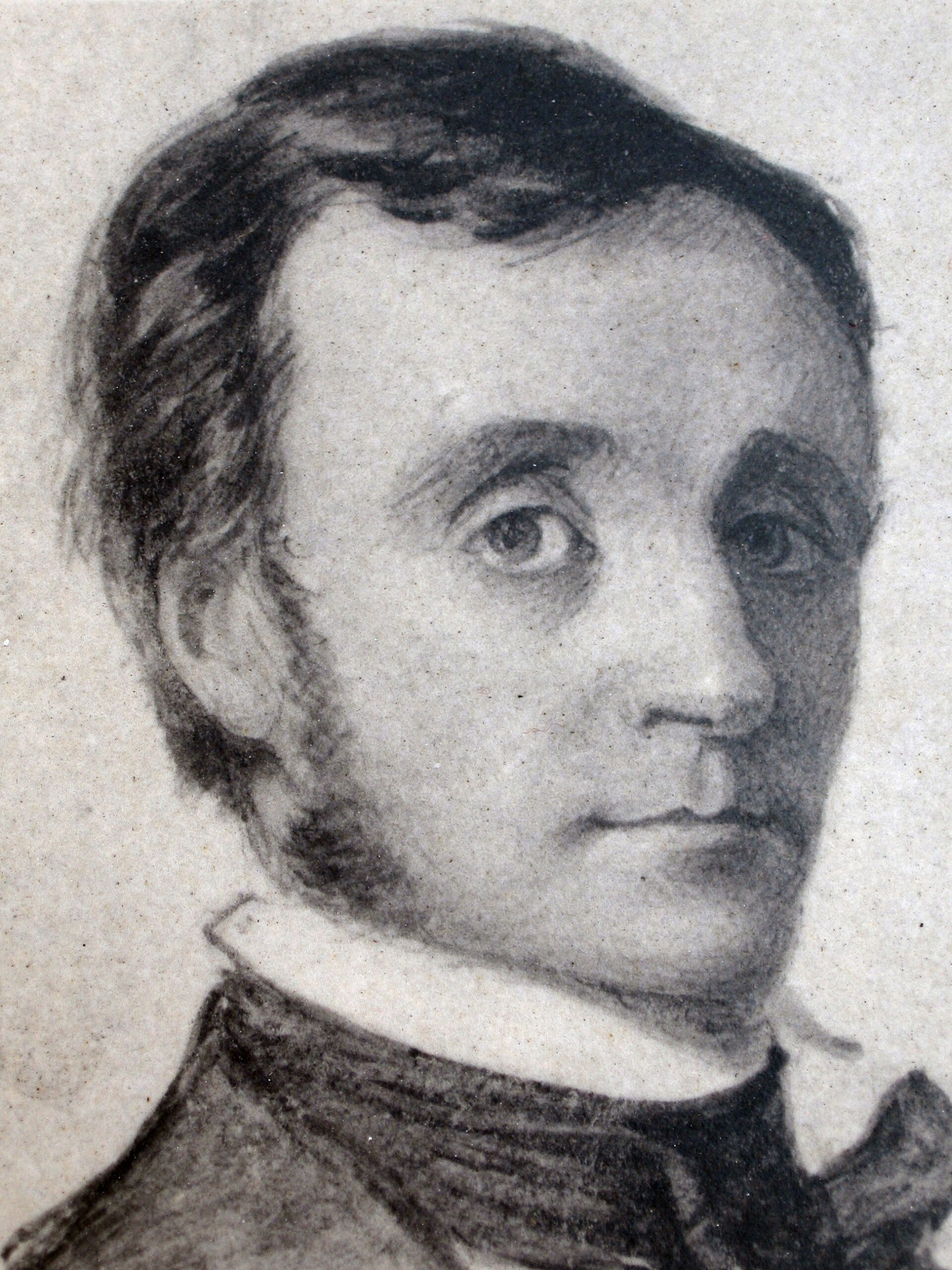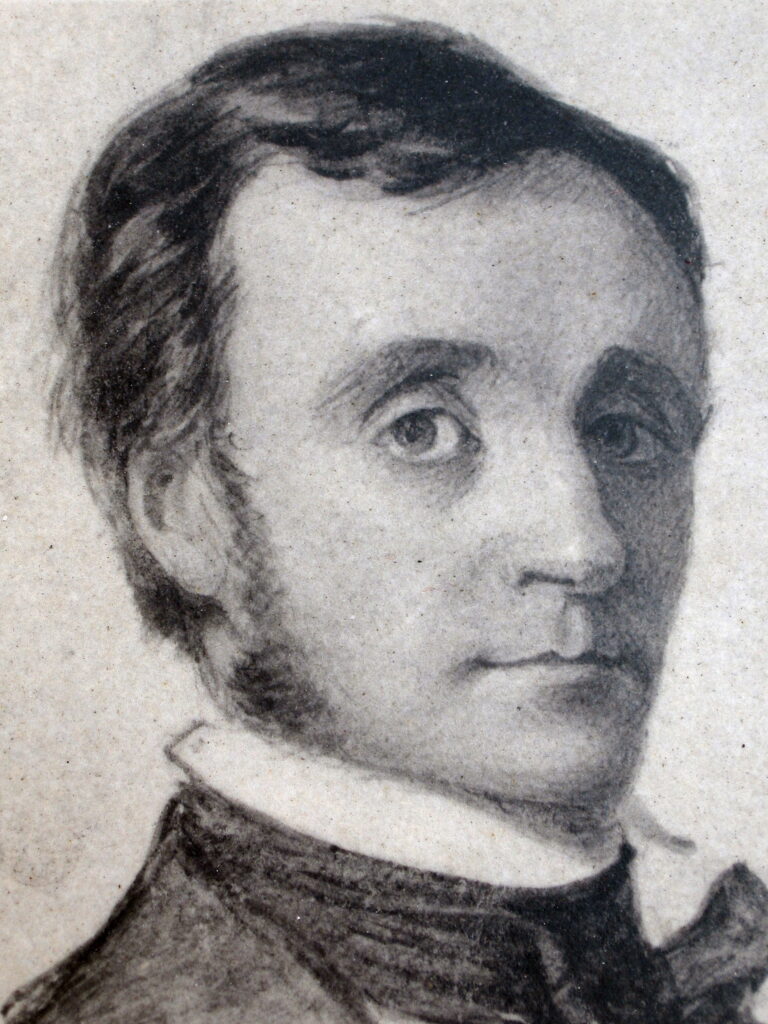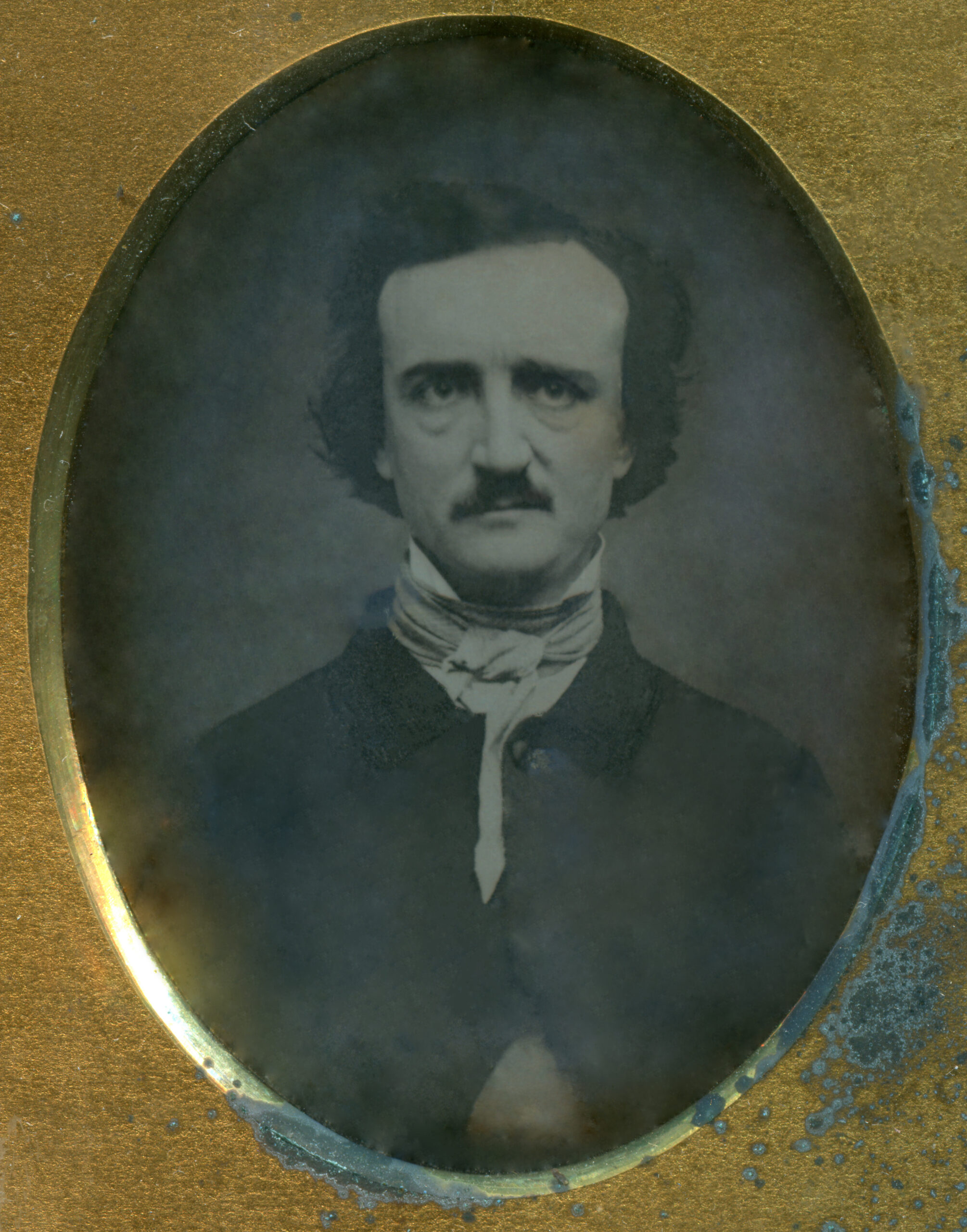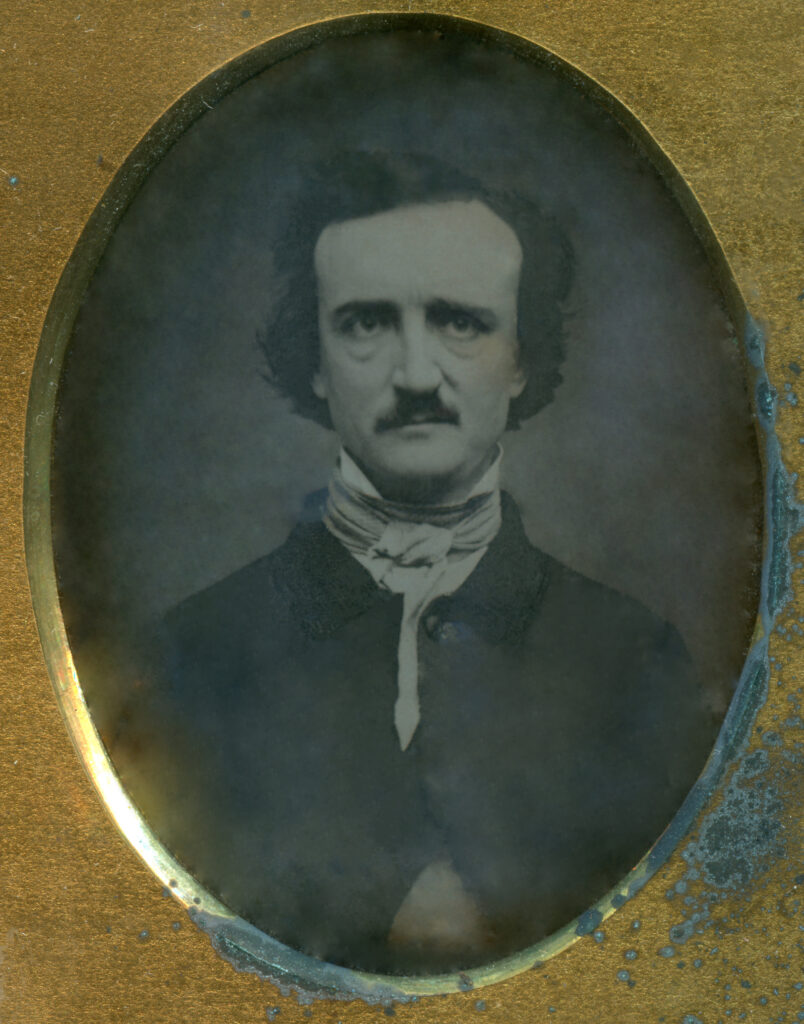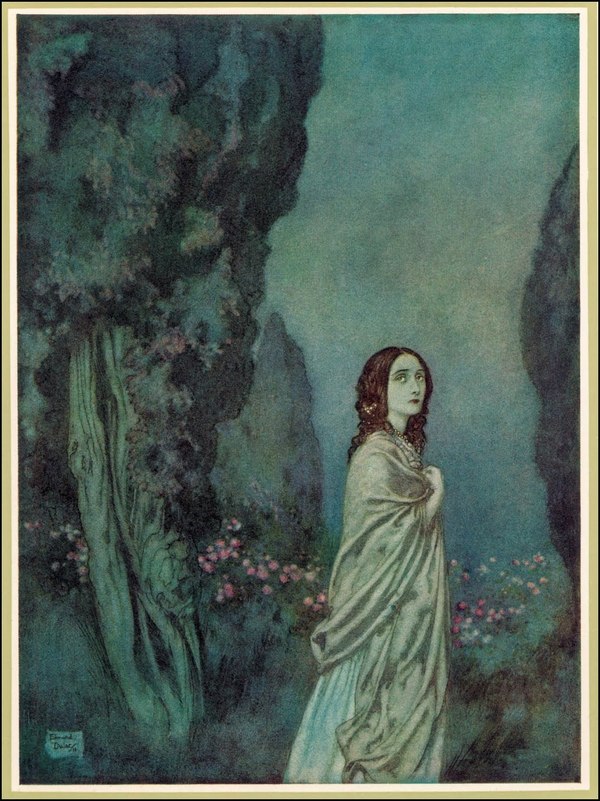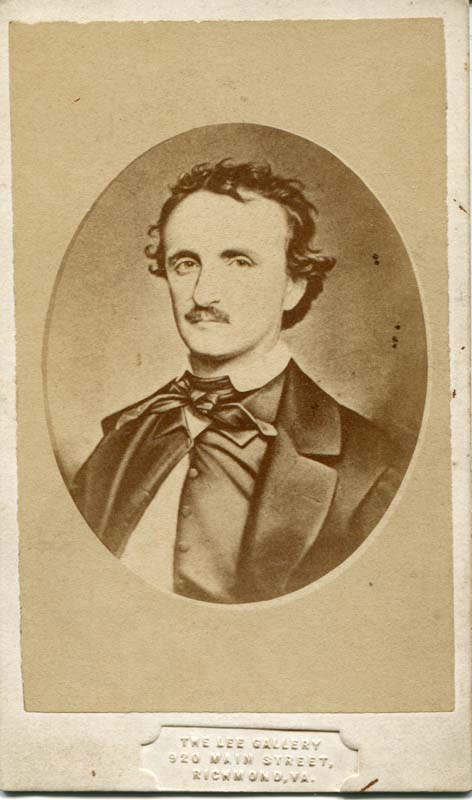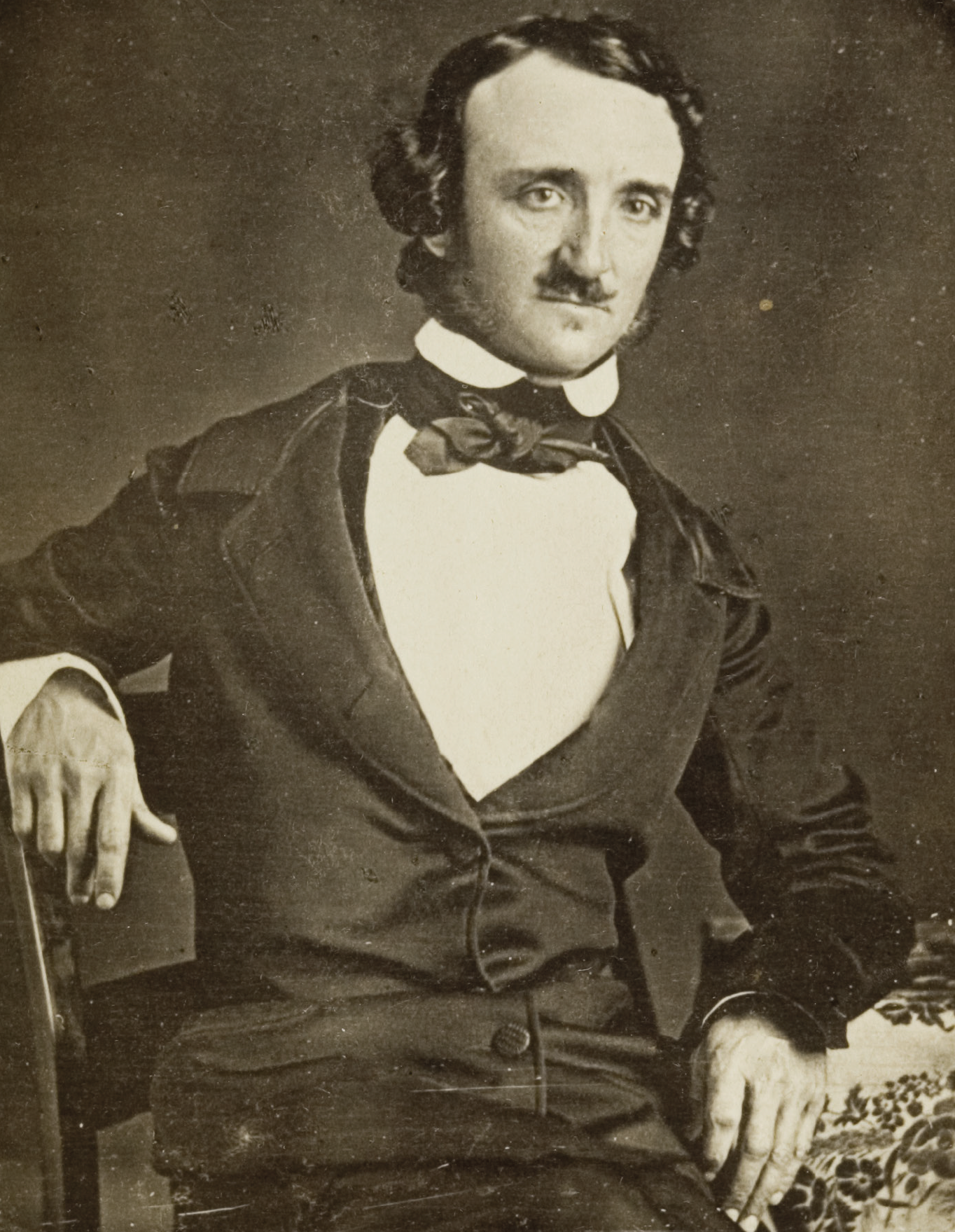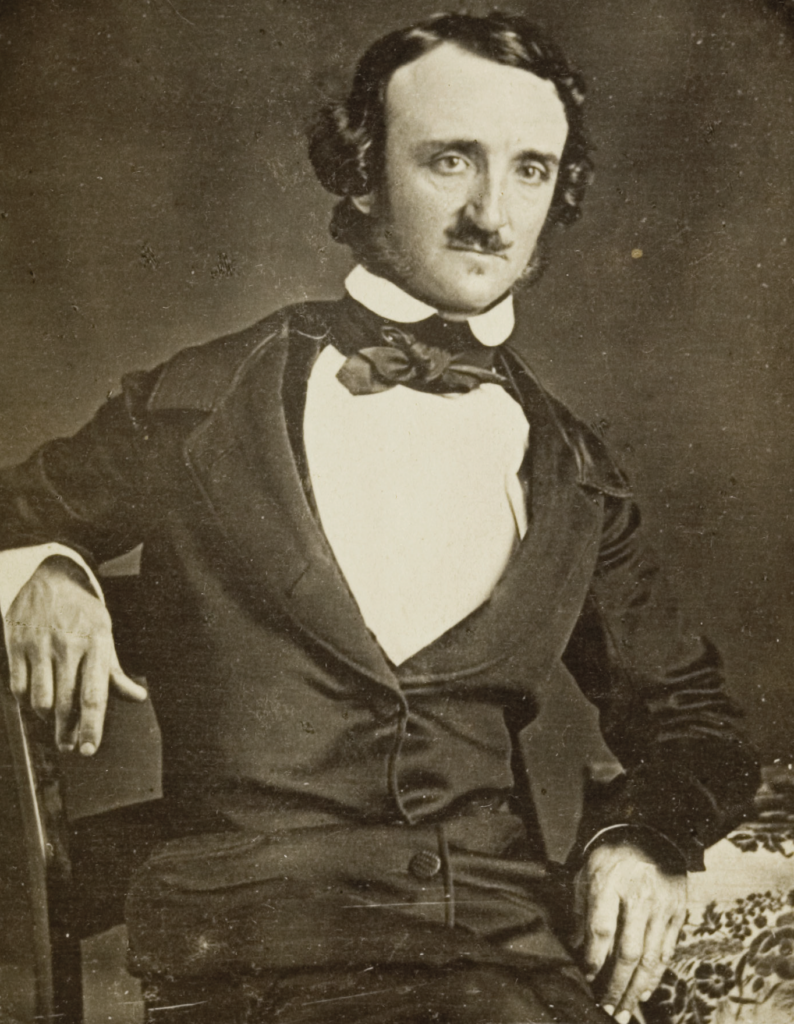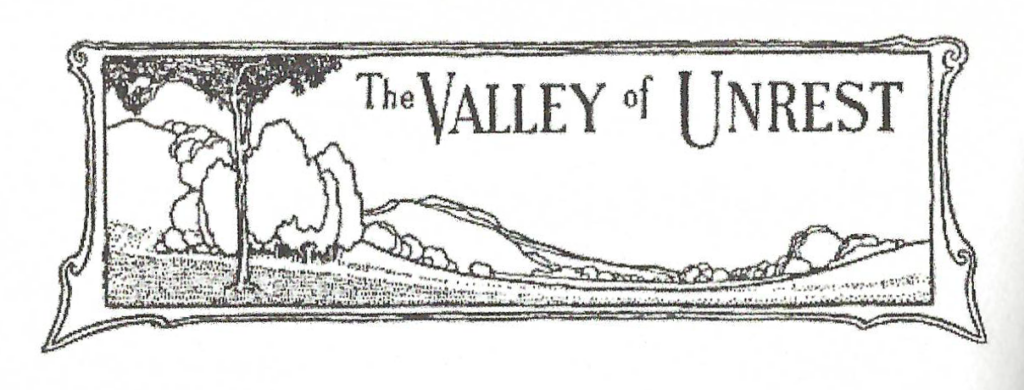
The Valley of Unrest
Far away — far away —
Far away — as far at least
Lies that valley as the day
Down within the golden east —
All things lovely — are not they
Far away — far away?
It is called the valley Nis.
And a Syriac tale there is
Thereabout which Time hath said
Shall not be interpreted.
Something about Satan’s dart —
Something about angel wings —
Much about a broken heart —
All about unhappy things:
But “the valley Nis” at best
Means “the valley of unrest.”
Once it smil’d a silent dell
Where the people did not dwell,
Having gone unto the wars —
And the sly, mysterious stars,
With a visage full of meaning,
O’er the unguarded flowers were leaning:
Or the sun ray dripp’d all red
Thro’ the tulips overhead,
Then grew paler as it fell
On the quiet Asphodel.
Now the unhappy shall confess
Nothing there is motionless:
Helen, like thy human eye
There th’ uneasy violets lie —
There the reedy grass doth wave
Over the old forgotten grave —
One by one from the tree top
There the eternal dews do drop —
There the vague and dreamy trees
Do roll like seas in northern breeze
Around the stormy Hebrides —
There the gorgeous clouds do fly,
Rustling everlastingly,
Through the terror-stricken sky,
Rolling like a waterfall
O’er th’ horizon’s fiery wall —
There the moon doth shine by night
With a most unsteady light —
There the sun doth reel by day
“Over the hills and far away.”
Edgar Allan Poe
Originally Published in 1831

